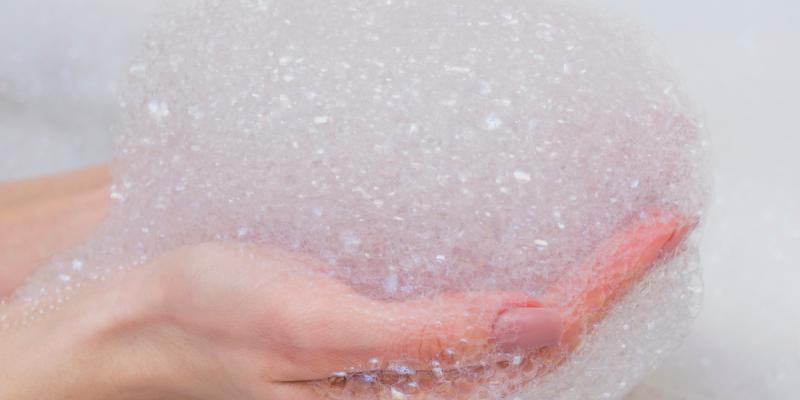Hard Water—What Is It and How Can It Affect Your Home?
09 Oct 2023

All water contains some minerals, and some, like calcium and magnesium, are good for us. However, too many of these mineral ions in tap water can cause problems in your home. In most places, tap water in your home is considered hard because of its mineral content. As rainwater percolates through soil and bedrock via the water cycle, it picks up hard-water minerals like calcium and magnesium in relatively high concentrations.
Hard water generally isn't harmful to drink, but can cause problems when washing clothes and dishes. The minerals in the water can make it difficult for soap to lather and will leave behind scum on toilets and sinks, bathtub rings, and spots on dishes and clothing. This occurs because the dissolved minerals in hard water react with soap and detergents. Instead of forming a lather, it forms precipitates which leave behind the unsightly residue that most people associate with hard water. Hard water can also contribute to developing microbial biofilms on shower curtains and fixtures, which can contain disease-spreading bacteria. In addition, when hard water reaches your house, it can cause other problems, such as scaly buildup on faucets, showerheads, and clogged pipes that may eventually need to be replaced.
Many homeowners combat the issues that hard water can cause by installing a water softener. Consider installing a water softener if your home has hard water; you can increase the life of some of your appliances, prevent the buildup of mineral deposits and scales in pipes, and even prevent hard water spots on dishes.